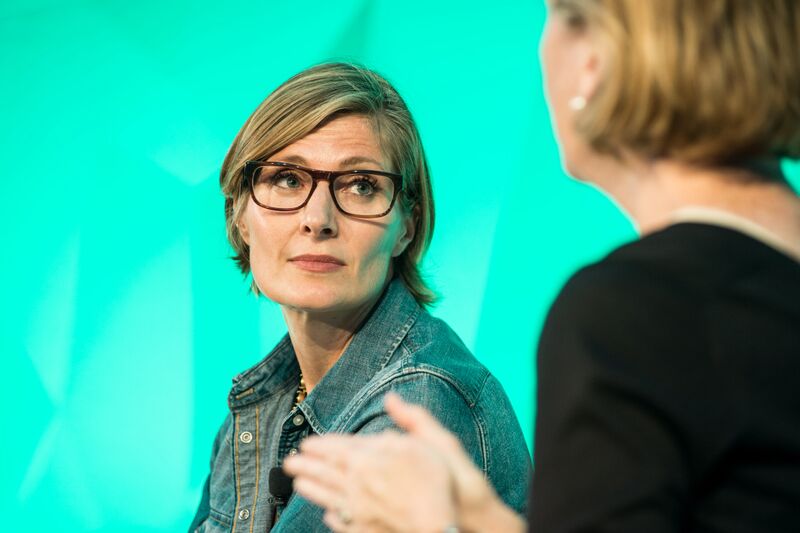Aarti Shah 27 Oct 2015 // 9:58PM GMT

MIAMI BEACH — Companies must foster innovation internally or risk disruption from external forces, according to a panel with Salesforce, Cadillac and Levi Strauss at the Global PR Summit.
Ruder Finn’s Michael Schubert, who moderated the panel, pointed out that only 24% of companies on the 500 Fortune were on the list five years ago, meanwhile 40% of today’s Fortune 500 will not be on the list 10 years from now.
“It’s worth thinking about that when you’re considering disrupting yourself before you’re disrupted,” Schubert said. Ted Ladd said Salesforce only joined the Fortune 500 recently and advocates for culture dictating a company’s longevity.
“Culture is employee-based, it’s not a top-down thing,” Saleforce's Ladd noted. “At Salesforce, you fail fast, you innovate fast...If you look at our CEO Marc Benioff, he’s always looking at new ways to do business, new ways to do philanthropy and new ways to motivate employees. We use technology to do this with the cloud and Chatter – this is how we’ll stay in the Fortune 500.”
Andrew Lipman, who joined Cadillac six months ago, pointed out the car company was once the definition of American luxury and continues to be referenced as such with phrases like “the Cadillac plan.” The brand, now amid a revival, has “disrupted itself” by moving from Detroit to New York to rebuild as a luxury brand.
Kelly McGinnis noted that Levi Strauss was bigger than Nike in the 90s — now the latter is six times larger and on the trajectory to be 10x the size of the jeans company. To remedy this, Levi’s brought in a new CEO four years ago, and now, 10 of the 12 people who report to the CEO are new.
“The way we think about it, the culture comes out with an emphasis on what we want to change,” Levi's McGinnis said. “We put a spotlight on the parts of the business that are the direction we want to go in.”
Schubert said when Salesforce CEO Marc Benioff spoke out against an Indiana law considered hostile to the LGBT community, “it was as much about culture as it was about reputation.”
McGinnis added, what “listening” means to an organization varies based on its maturity and sector.
“There are organizations that are very flat and good ideas can really come from anywhere,” McGinnis said. “And there are organizations that learning how to do that within the confines of how they operate.”


































.jpg)

















